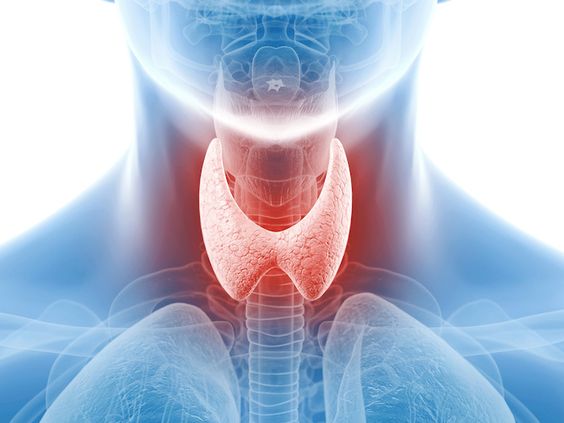Introduction
The thyroid, a small, butterfly-shaped gland located in the neck, plays a crucial role in regulating metabolism, energy levels, and overall health. Thyroid disorders occur when this gland produces too much or too little thyroid hormone, leading to a range of symptoms that can significantly impact daily life.

Millions of people worldwide are affected by thyroid disorders, which can affect anyone regardless of age or gender. Understanding the different types of thyroid disorders, their symptoms, and available treatment options is essential for effective management and improved well-being.
Understanding Thyroid Disorders
Hypothyroidism
Hypothyroidism, also known as an underactive thyroid, occurs when the thyroid gland doesn't produce enough thyroid hormone. Common symptoms include fatigue, weight gain, depression, and sensitivity to cold.
Hyperthyroidism
Hyperthyroidism, or an overactive thyroid, develops when the thyroid gland produces an excess of thyroid hormone. Symptoms often include weight loss, rapid heartbeat, anxiety, and heat intolerance.
Diagnosis and Treatment
Diagnosing thyroid disorders typically involves a blood test to measure thyroid hormone levels. Treatment varies depending on the specific disorder and its severity.
Treatment options may include:
- Medications: Medications can help regulate hormone levels, alleviating symptoms and managing the condition.
- Lifestyle Changes: Adopting a healthy lifestyle that includes a balanced diet, regular exercise, and stress management techniques can support overall thyroid health.
- Thyroid Surgery: In certain cases, surgical removal of all or part of the thyroid gland may be recommended.

.jpg)